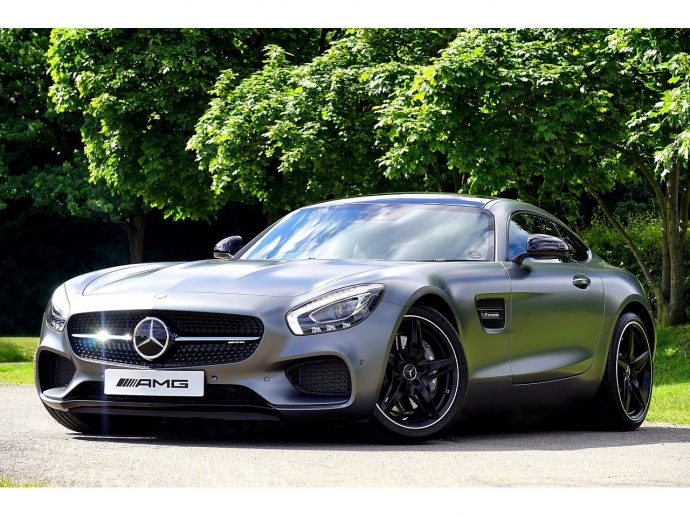Categories more
- Adventures (17)
- Arts / Collectables (15)
- Automotive (37)
- Aviation (11)
- Bath, Body, & Health (77)
- Children (6)
- Cigars / Spirits (32)
- Cuisine (16)
- Design/Architecture (22)
- Electronics (13)
- Entertainment (4)
- Event Planning (5)
- Fashion (46)
- Finance (9)
- Gifts / Misc (6)
- Home Decor (45)
- Jewelry (41)
- Pets (3)
- Philanthropy (1)
- Real Estate (16)
- Services (23)
- Sports / Golf (14)
- Vacation / Travel (60)
- Watches / Pens (15)
- Wines / Vines (24)
- Yachting / Boating (17)
What made us fall in love with Mercedes?
Published
06/30/2021The German engineering stereotype is one that most of us are well familiar with. Technical excellence, ruthless efficiency and a premium build are the main qualities one can expect from the likes of Volkswagen, BMW, Audi and Porsche, but perhaps the one manufacturer that stands just a little taller than the rest in this regard is Mercedes-Benz.
The famous three-pointed star that adorns every Mercedes grille carries an almost unrivalled sense of prestige, refinement and reverence with it, to the point that it’s difficult to find any car enthusiast who doesn’t admire the brand. But why is it that Mercedes carries such widespread adoration and respect within the auto community?
“Das beste oder nichts”
The best or nothing – Mercedes’ slogan and one that the manufacturer can credibly argue is much more than just a PR line. Initially uttered by Automotive Hall of Fame engineer and industrial designer, Gottlieb Daimler, but coined by Mercedes in 2010, the brand have always held themselves to the highest standards in everything they do in both the commercial and sporting realm.
Regardless of whether you’re talking about the base level A-Class hatchback, or the high-end S-Class saloon, every model release is immediately thrust into its respective “best-in-class” conversation. Head over to Formula 1, and you’ll find a Mercedes Benz team that has been completely dominant in the sport’s recent history, with the Silver Arrows topping both the driver and constructors’ championships for the last seven years running.
In simple terms, second best will not do for Mercedes, on or off the track.
Relentless innovation
The brand’s success in racing and the general automotive sector spans from market-leading innovation – something which the manufacturer has a strong reputation for throughout its 94-year history. The first automobile ever created was, after all, the Benz Patent Motor Car by Daimler AG – of which now Mercedes-Benz is a key subsidiary. In more recent years, key safety innovations like the anti-lock braking system (ABS) and crash testing can be accredited to Mercedes, while their present-day Daimler CASE (Connected, Autonomous, Shared & Services and Electric) strategy is committed to forging a path for vehicles, mobility concepts and e-mobility in the future.
They hold their value
When you spend a lot of money on a car, as you would with a Mercedes, you hope you’ll be able to retrieve some of that value down the line. However, with depreciation in the new and premium car markets as severe as it is, buying a luxury vehicle can sting financially when it comes to resale a few years later.
Generally speaking, though, Mercedes models don’t tend to succumb to depreciation as heavily as their peers. Their universal popularity makes them highly desirable second-hand prospects, while they also retain high trade-in value with dealers. Naturally, because of the high standards we’ve already discussed that exist within the manufacturer catalogue, there are also plenty of present-day and future classics within the Merc family which will happily hold more of their value for longer, based off the prestige attached to them.
When you buy a Mercedes, you’re probably not thinking about selling it. The good news is, when you do, you can expect it to pay dividends to have chosen the three-pointed star over a similar alternative.
The highest standards, a constant appetite for technological growth and development and an ability to remain relevant in changing markets – these are just three reasons why Mercedes is regarded so highly as a manufacturer across the auto world. If “German engineering” has a poster boy, Mercedes Benz would probably be it.















